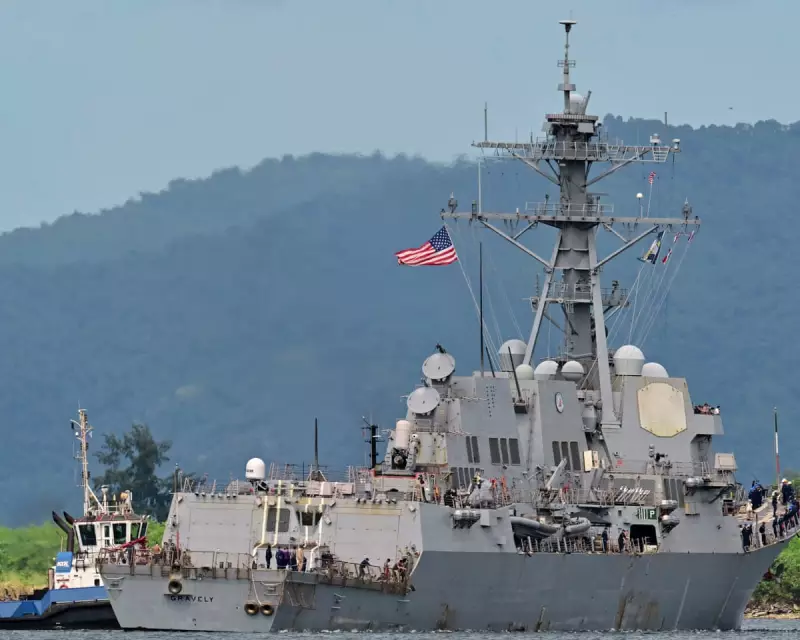
In a revelation that has sent shockwaves through diplomatic circles, former President Donald Trump stands accused of contemplating one of the most controversial foreign policy moves in recent memory. According to emerging reports, Trump allegedly proposed deploying US naval vessels to intercept and potentially seize Venezuelan ships in international waters.
A Constitutional Crisis in the Making
This extraordinary proposition, if verified, would represent nothing short of a direct assault on established international law. Legal experts are sounding alarm bells, warning that such actions would violate multiple provisions of the United Nations Convention on the Law of the Sea (UNCLOS) and fundamentally undermine the principle of freedom of navigation that has governed international waters for decades.
The Legal Precipice
International law scholars point to several critical violations embedded within this proposed strategy:
- Freedom of Navigation: The fundamental right of vessels from all nations to sail freely in international waters
- Sovereignty Protections: The prohibition against interfering with another nation's vessels outside territorial waters
- UN Charter Principles: The foundational rules governing peaceful relations between states
Global Repercussions and Diplomatic Fallout
The implications extend far beyond US-Venezuela relations. Such a move would establish a dangerous precedent that could empower authoritarian regimes worldwide to justify similar actions against their political adversaries. The very fabric of international order, painstakingly woven since the Second World War, could begin to unravel.
Diplomatic sources indicate that allied nations have expressed deep concern through backchannel communications. Many fear that crossing this legal Rubicon could trigger a new era of maritime confrontation and destabilise global trade routes that form the lifeblood of the world economy.
A New Era of Power Politics?
This development raises profound questions about the future direction of American foreign policy. Are we witnessing the emergence of a new doctrine where might makes right, and established international frameworks become optional rather than obligatory?
The international community now watches with bated breath as legal experts, diplomats, and policymakers grapple with the potential consequences of what could become one of the most significant tests of international law in the 21st century.





